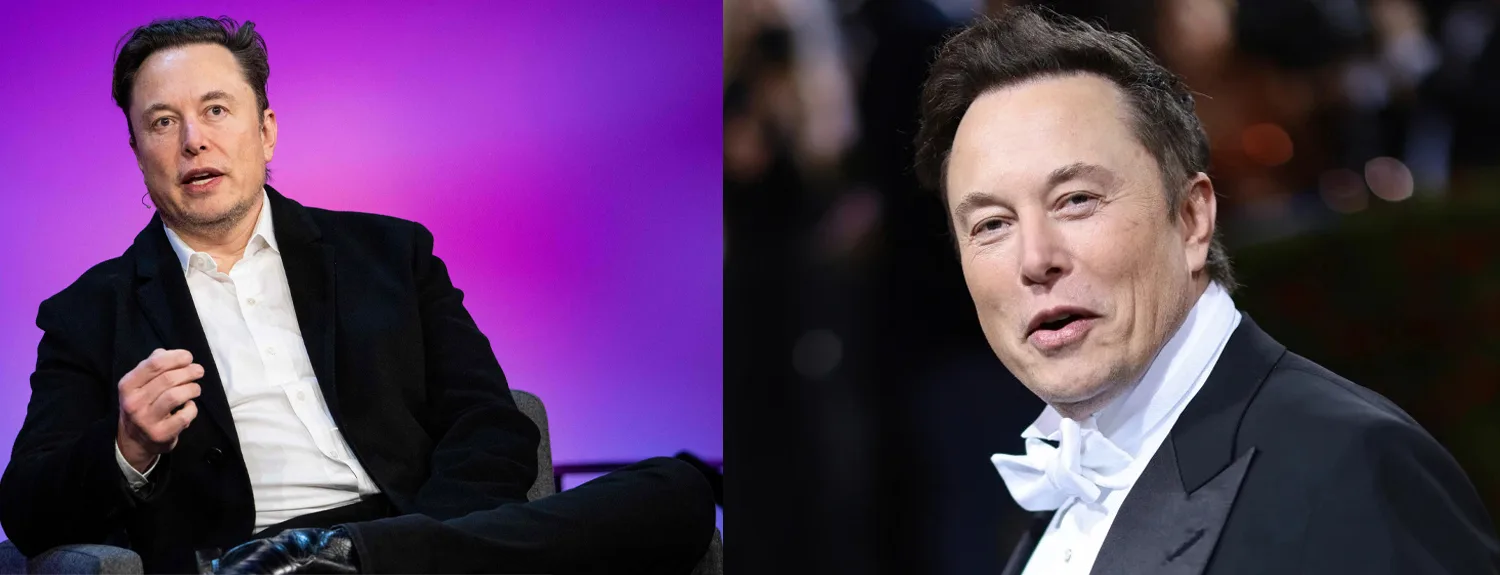As Musk continues to reshape Twitter, the future of the platform remains uncertain. His vision of an “everything app” is ambitious, aiming to turn Twitter into a multi-purpose platform that could rival WeChat in China. However, this change is not without its challenges.
One of the big hurdles facing Musk is gaining the trust of Twitter’s user base. His controversial decisions, such as eliminating blue checks, firing employees and restoring problem accounts, have raised concerns among users. Trust is a key component in the success of any platform, and it remains to be seen whether Musk will be able to regain the trust of Twitter’s users.
Beyond that, the feasibility of building an “everything app” is another challenge. While WeChat has successfully integrated various services into its platform, it operates in a different cultural and regulatory environment. It remains to be seen whether Musk can replicate this success in a different context.
Despite these challenges, Musk’s vision for Twitter is bold and innovative. His fascination with the letter “X” seems to symbolize this same spirit of innovation. From naming his online bank X.com to naming his youngest son “X Æ A-12”, Musk has consistently used the letter “X” in his ventures, suggesting a willingness to push boundaries and explore new frontiers.
Twitter’s billionaire owner Elon Musk has announced plans to replace the company’s iconic blue bird logo with the letter “X”. The change is part of a larger vision for Musk’s platform, which he sees as a super app that offers a wide variety of services from online banking to video messaging. The URL “X.com” will now automatically redirect users to Twitter, marking a significant change in the platform’s identity since Musk’s purchase last year.
Musk has long hinted at renaming Twitter to “X”, seeing it as a catalyst for building an “Everything App”. Their approach has been compared to platforms such as WeChat in China, which are deeply integrated into the fabric of daily life, serving a range of purposes from communication to financial transactions.
However, not everyone is convinced about Musk’s approach. Social media expert Jennifer Grigiel expressed skepticism about Musk’s ability to create an innovative Twitter, citing a lack of trust from the user base due to decisions such as removing blue checks, firing employees, and restoring problematic accounts. Journalism professor Jeffrey Blevins sees the rebranding as a possible attempt to save Twitter by essentially destroying and recreating it.
As Musk steers Twitter toward his vision of an “app for everything,” the platform is entering uncharted territory. The change isn’t just about a name change or a new logo; It’s about to fundamentally change how Twitter operates and what it offers to its users.
Musk’s vision is undoubtedly ambitious. If successful, Twitter could become a one-stop platform for a range of services, from communication and news consumption to online banking and video messaging. This could potentially revolutionize the way users interact with social media platforms and set a new standard for the industry.
However, this change is fraught with challenges. Trust, or the lack thereof, is a significant barrier. Musk’s controversial decisions have eroded the trust of many users, and it is unclear whether innovative features alone can rebuild this trust. The success of an “everything app” hinges on whether users feel safe and comfortable using the platform for a wide range of services, including sensitive transactions such as online banking.
Furthermore, the feasibility of creating an “everything app” in a context different from WeChat’s success in China is uncertain. Regulatory, cultural and market differences could pose significant challenges to Musk’s vision.
Despite these challenges, Musk’s bold approach, symbolized by his affinity for the letter “X,” is pushing the boundaries of what social media platforms can offer. It remains to be seen whether this will usher in a new era for Twitter or become a risky experiment.
Quiz Time
Subscribe to our email newsletter to get the latest posts delivered right to your email.


Comments